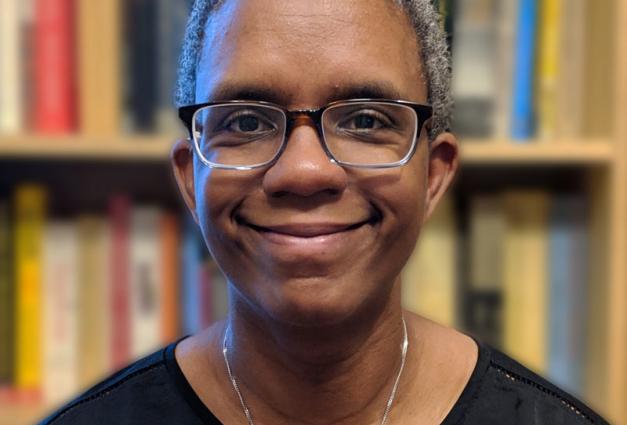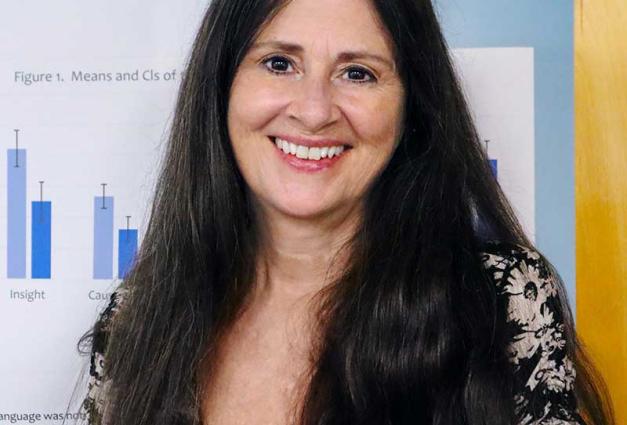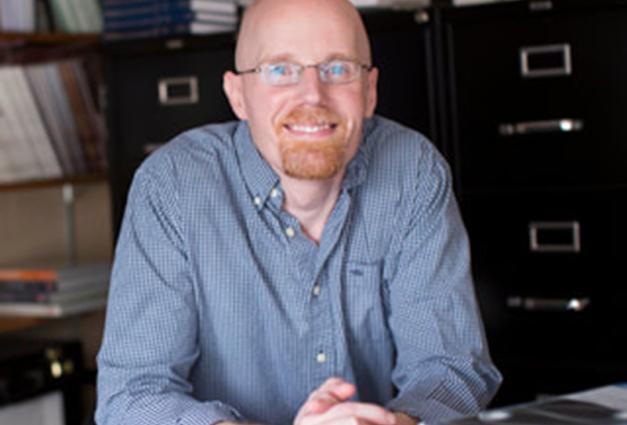Julie K. Norem, Ph.D. holds the Margaret Hamm Professor of Psychology chair at Wellesley College, where she was department chair and has taught since 1992. She received her A.B. in Behavioral Sciences from the University of Chicago, and her Ph.D. in psychology from the University of Michigan. She teaches courses in personality psychology, research methods, optimism and pessimism, and motivation.
Her research focuses on how people use the strategy of defensive pessimism. Her publications include empirical research, theoretical papers, commentary, review chapters, an edited volume, and her 2001 book, The Positive Power of Negative Thinking. Her work has frequently been featured in the national and international media, including the New York Times, The Washington Post, The Globe & Mail, National Public Radio, and local and national news programs. She has been associate editor of Journal for Research in Personality and Personality and Social Psychology Bulletin, and joined the board of the Foundation for Personality and Social Psychology in 2015.
What led you to choose a career in social and personality psychology?
Two factors influenced my decision to pursue grad school in social/personality. The strongest influence at the time was my desire not to go to law school, which people around me in college seemed to assume I would do. To cut off discussion of that, I needed an alternative. One of my closest friends had graduated the previous year and was now in his first year at UMass-Amherst studying psychology. He got me to register for the GRE and apply to a group of programs that he vetted. So, it was not a clear path for me initially—more like a path of least resistance. The second strongest influence was having taken a methods course with Donald Fiske as an undergraduate. The way he talked to us about methods and guided us through a small empirical project made pursuing research seems like something that could be infinitely fascinating. There were other professors/researchers in college who influenced me and helped me gain experience, but they were the two strongest influences.
What do you enjoy most about the research process?
The initial planning processes, when things seem clean and elegant, are exhilarating. Later, when reality hits, you realize that what’s in front of you is interesting nonetheless, is my second favorite part.
Briefly summarize your current research, and any future research interests you plan to pursue.
The vast majority of my work has been on the strategies individuals use to pursue their goals, with an emphasis on defensive pessimism. Early on, we called these cognitive strategies. In a paper several years ago, I called them self-regulation strategies, but these days what we’ve been researching would be called emotion regulation strategies. Defensive pessimism is a strategy for managing anxiety so that it doesn’t interfere with performance, and may even facilitate it. Anxious people who use this strategy of setting low expectations and mentally simulating worst-case outcomes typically do better than when they try to be optimistic or cheerful.
Right now, I’m doing a series of studies based on Joe Forgas’ and others’ work on the potential benefits of negative affect, to see whether defensive pessimists are especially likely to be able to realize those benefits, given their experience with tolerating negative affect rather than working to suppress or transform it. In a new line of research, I’m looking at individual differences in cognitive biases and heuristics, such as anchoring.
What led to your interest in this particular area of research?
I started defensive pessimism research with Nancy Cantor and her students in the early 80s when there was enormous optimism about optimism, and dozens of papers (and almost as many operational and conceptual definitions) about its benefits. Much of that research didn’t fit my observations of individuals and their goal pursuits, and it all seemed too easy. There was a lot of content overlap in the measures of “positive” things that seemed to be driving many of the research results (being optimistic was related to being cheerful was related to hopefulness was related to positive appraisal was related to….). Simultaneously, social and personality folks were starting to argue over research on self-deception and positive “illusions.” I guess I’m contrarian, such that all that focus on positivity made me more interested in more negative perspectives.
Do you have a favorite course to teach and why?
I love teaching research methods. It keeps me close to the fundamentals, and helps me avoid despair or irrational exuberance about statistical and methodological fads. I organize my course around construct validity, and refer back to the stuff Donald Fiske taught me when I was an undergrad in 1981. In my course, each student is able to develop their own empirical project, so the specifics vary a lot from semester to semester, and the students keep me connected to different areas of research. I try to convey my excitement about research, and that excitement is enhanced when I see a student become interested.
When and why did you join SPSP? How has being a member helped you professionally?
I cannot even remember when I joined SPSP as a student member, but it has always been a central organization in my professional life. I’ve served on various committees and on the Executive Committee in different capacities over the years, and was very involved in the early conventions. SPSP benefits me primarily by helping me to keep informed, a challenging task that’s getting harder all the time because of the proliferation of journals and other outlets for research, as well as productivity increases abetted by technology.
Outside of personality/social psychology, how do you like to spend your free time?
Reading, watching terrible science fiction and action movies, listening to music, and preparing good food with friends.




